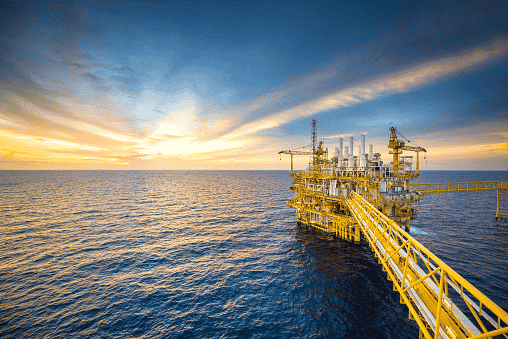
As The EU Embargos on Russian Oil, The Bull Run Continues
Oil prices continued to rise on Tuesday after the EU agreed to a partial embargo on Russian oil. China opted to relax certain coronavirus restrictions ahead of the busy season in the US and EU.
Brent oil for July, which expires on Tuesday, was up $2.31, or 1.9 percent, to $123.98 a barrel at 0823 GMT, after earlier reaching a high of $124.10, its best level since March 9. The August contract, which is the most active, increased from $2.44 to $120.04. US West Texas Intermediate (WTI) oil traded at $119.34 a barrel, up to $4.27 from Friday’s closing, or 3.7 percent, and at its highest level since March 9. Due to a federal holiday in the United States, no resolution was reached on Monday.
Prediction of Oil Price
Both July-loading contracts should conclude May with price increases for the sixth month in a row. Leaders of the European Union decided in principle to reduce 90 percent of Russia’s oil imports by the end of 2022, the bloc’s strongest penalty against Moscow since the invasion of Ukraine three months ago. As a concession to Hungary, the embargo exempts pipeline oil from Russia.
“The EU will need to replace around 1.5 million barrels per day (BPD) of oil because two-thirds of Russian crude oil shipments are seaborne,” PVM analyst Tamas Varga said. “This amount is closer to 2.1-2.2 million BPD since both Poland and Germany expect to scale down pipeline purchases by the end of the year.”
Shanghai will lift its two-month-long COVID-19 lockdown on Wednesday; allowing most residents in China’s largest metropolis to leave their houses and drive their automobiles. OPEC+ wants to keep to a modest 432,000 barrels per day increase in July, according to six OPEC+ sources, defying Western requests for a faster increase to drop soaring prices.


